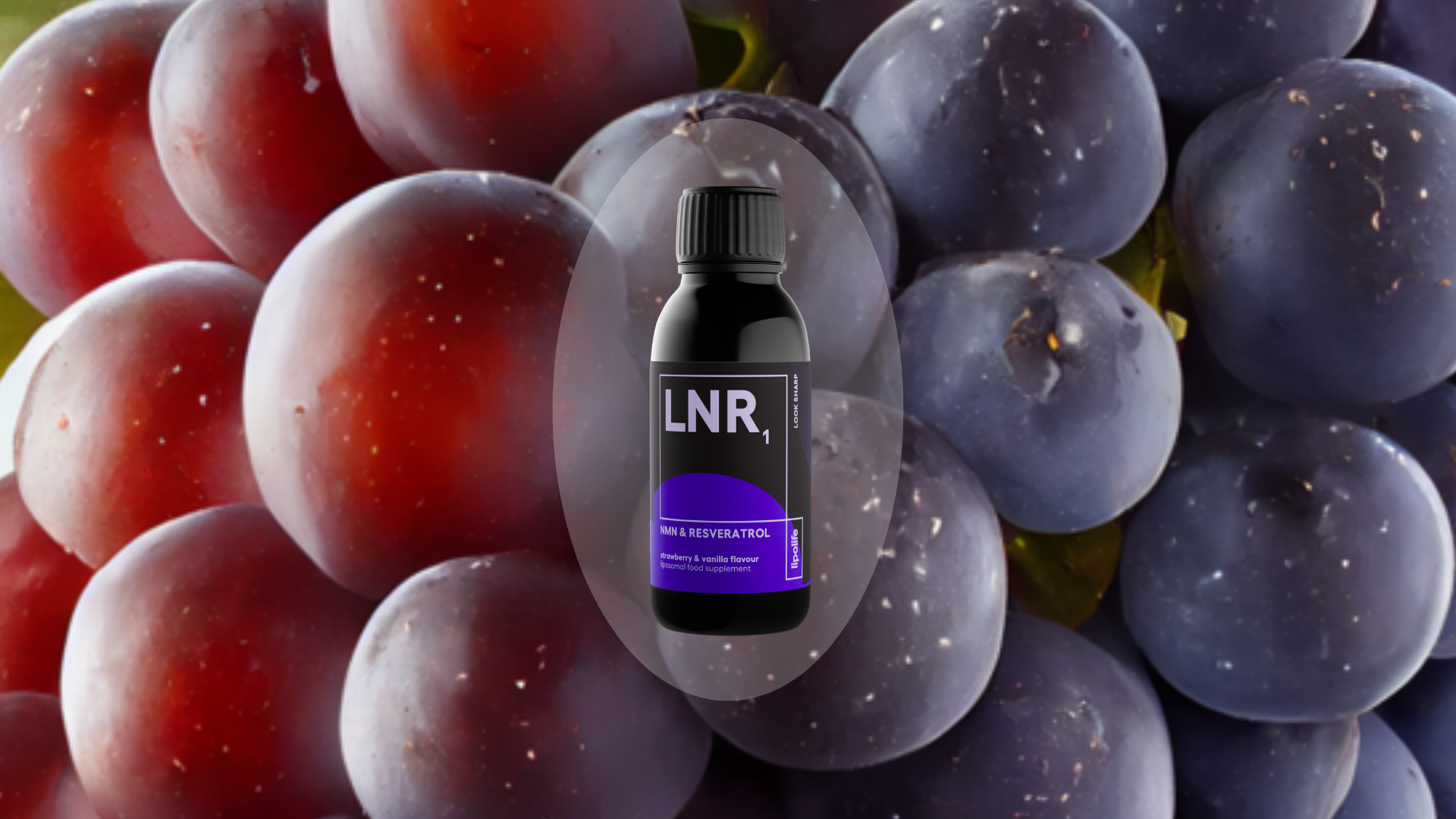Quercetin & Resveratrol to Reduce Obesity?
Date

Resveratrol and Quercetin are two functional ingredients to which a fat-reducing effect has been attributed in experiments conducted in vivo and in vitro however, their rapid metabolism means that only a tiny fraction of these compounds reach organs and tissue.
Obesity is defined as excess accumulation of body fat, which can result in the development of a whole range of comorbidities. According to the World Health Organisation (WHO), in 2016, 39% of adults were overweight and 13% obese. More concerningly, 41 million children under five are overweight or obese, and 340 million in the case of children and teenagers between the ages of five and nineteen.
Phenolic compounds are antioxidants that occur naturally in plants, which produce them as a defense mechanism in response to stress. Thanks to previous studies, a diet rich in phenolic compounds has been found to maintain an optimum state of health and reduce the occurrence of certain diseases, including cardiovascular diseases, cancer and diabetes. When phenolic compounds have more than one phenolic ring in their structure, these compounds are then known as polyphenols, a more widely known term. Resveratrol and quercetin are currently two of the most studied polyphenols.
The beneficial effects of resveratrol were first described in 1982, when, thanks to an observational study, an inverse relationship was established between moderate red wine consumption and the prevalence of cardiovascular disease. This observation later became known as the “French Paradox.” This polyphenol is found mostly in grapes and the beverages made from them (grape juice and wine), berries and peanuts, among other things, and various biological functions have been attributed to it, including antioxidant, anti-inflammatory, immunomodulating, anti-diabetic and anti-carcinogenic functions. It has also been found to have anti-obesity functions owing to the reduction in body fat through such mechanisms as food intake modulation, modification of nutrient absorption, regulation of the cell cycle of adipocytes, reduction in adipose tissue inflammation, regulation of mitochondrial function, induction of thermogenesis, and modulation of intestinal microbiota.
The Ph.D. thesis by Itziar Eseberri-Barace takes this research a step further, demonstrating that certain metabolites of resveratrol and quercetin molecules, the products that remain following their digestion, remain biologically active and partly contribute to the anti-obesity effect of the compounds.
“The results obtained show that all the metabolites from resveratrol contribute to the same degree as the polyphenol toward inhibiting adipogenesis. Although they are active in mature adipocytes, resveratrol is much more effective. In the case of quercetin, this effect can only be attributed to the sulphated metabolite (quercetin-3-0-sulphate) in mature adipocytes, since none of the quercetin metabolites turned out to be as effective as or more effective than the polyphenol on its own in inhibiting adipogenesis,” explained Eseberri-Barace. “It can therefore be concluded that the metabolism of these two compounds can signify a limitation only in the case of mature adipocytes treated with resveratrol and pre-adipocytes in differentiation treated with quercetin.”
Note that apart from their low bioavailability, phenolic compounds only occur in small quantities in foodstuffs, because after they have been digested, they undergo extensive metabolisation, with the result that the amount that reaches organs and tissue is relatively low.
Liposomal encapsulation ultimately leads to higher absorption and more crucially, higher systemic bioavailability of Resveratrol and Quercetin.
lipolife offer both Resveratrol and Quercetin in a Liposomal formula and hope to further advance the research of their role in potential inhibition of adipogenesis in the coming years.
References
https://journals.plos.org/plosone/article?id=10.1371/journal.pone.0063918
https://www.mdpi.com/1422-0067/20/2/264





